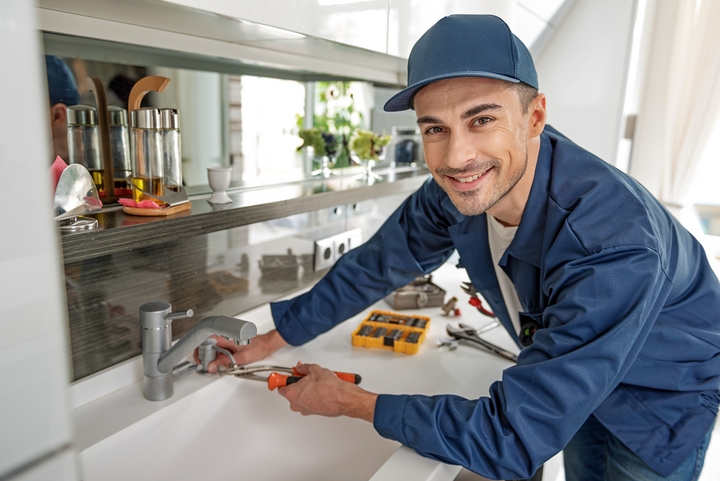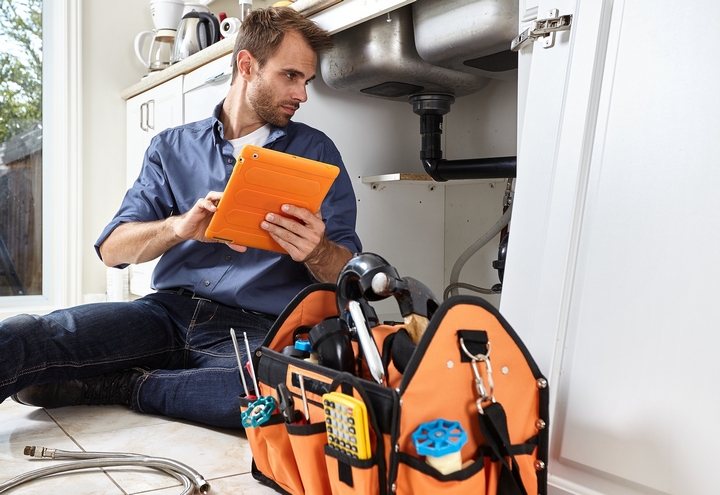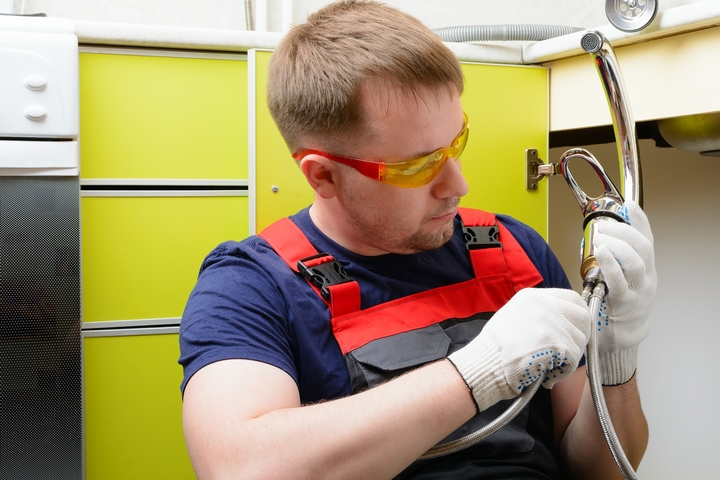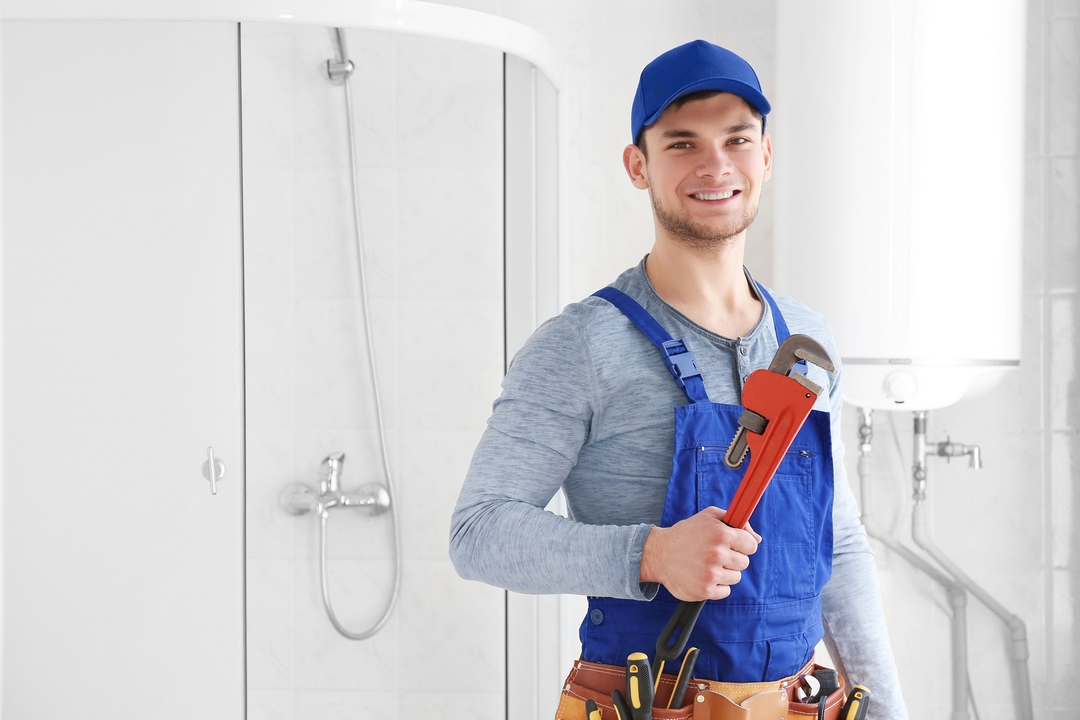The world of plumbing has moved far beyond a handyman who fixes a toilet or unclogs the kitchen sink. Today, plumbers are just as likely to check a home’s entire sewage and drain system using sophisticated cameras and high tech gadgets that read weaknesses in pipe walls and point to potential issues in the system long before a pipe breaks.
As homes and businesses have become more complex with how water is used in them—from in-floor heating to multi-fauceted tubs and toilets— plumbers have also evolved to meet the challenges of the new water technologies. In some respects, a plumber’s job has become more proactive than reactive, even though emergency services still form a large part of their offerings.
1. Plumbers past vs. Plumbers now

Plumbers now do full home inspections, quite literally from basement to roof top, especially as the issue of mould has become more understood and recognized as a potentially serious health problem brought on by moisture. Today’s plumber can come through a home or office and check the windows, floors using water systems for heating and cooling, and roofs for leaks or moisture problems. Their services are more technical than ever before, and call for more education than in the past, too.
Plumbers who might have started without any particular training a few decades ago, are now certifying as specialized technicians in an increasingly sophisticated and complex field. In many jurisdictions, plumbers must also even be licensed, a new development in this area as it becomes more demanding in terms of technical skill and know-how.
The increasing emphasis on environmentally friendly and sustainable systems also means that plumbers require more understanding of sewage and drainage in order to meet an increasingly strict regulatory environment.
2. The future of plumbing

As technology allows water to become used in homes and businesses for more than just toilets and taps, and as environmental consciousness brings in more legislation to ensure proper installation, use and disposal of water used in homes and businesses, plumbers can likely expect to be in ever more in demand. As well, plumbers can likely expect that their skill set will need to continue to grow and evolve to meet the changing market and laws that set guidelines for what they do.
Plumbers will always be needed to free up those clogged sinks and overflowing toilets, but their work has broadened to include entire systems of installation, maintenance and prevention. This growing sophistication also now requires them to be trained, certified and licensed as well as subject to regulatory requirements.
3. No matter the evolution, they’re still here for those little emergencies

When pipes back up and water spills out, a plumber is still the one to call. While they might be installing and maintaining huge systems, they are also still around to pull your child’s favourite toy out of the toilet. And they also still do it around the clock—one of the few remaining services that you can count on 24/7. Got a water problem? Go ahead. Call a plumber.

